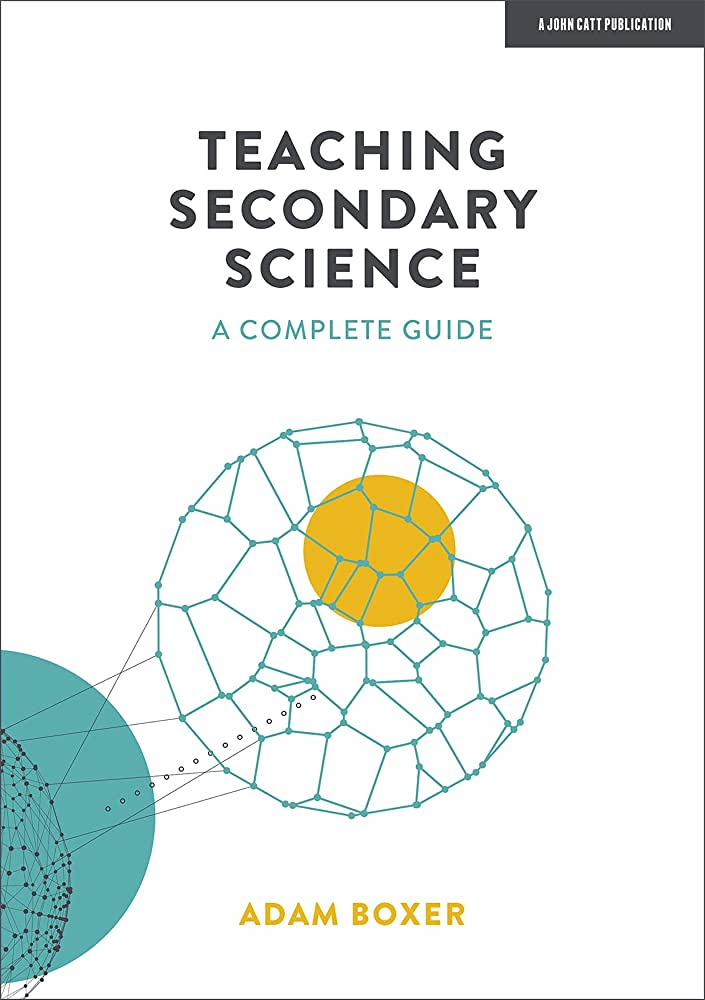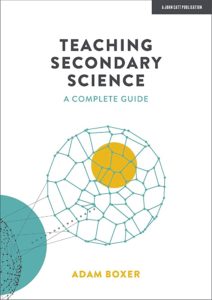Some education debates focus on BIG questions:
high structure vs. low structure pedagogy?
technology: good or bad?
how much should teachers focus on emotions?
Other debatess focus on narrower topics. For instance: cold calling. (“Cold calling” means “calling on student who haven’t raised their hands.”)
Proponents generally see several benefits:
Cold calling helps broaden check-for-understanding strategies. That is: it lets teachers know that MANY students understand, not just those who raise their hands.
It increases accountability.
It adds classroom variety.
And so forth.
Opponents likewise raise several concerns. Primarily:
Cold-calling could stress students out — even the ones not being cold called. That is: even the possibility that I might be called on could addle me.
Also, cold calling signals a particular power dynamic — one that runs contrary to many school philosophies.
Because both sides focus on different measures of success or peril, this debate can be difficult to resolve.
The Story So Far
Back in 2020, a friend asked about the cold calling debate. I looked for research, and –honestly — didn’t find much. The result of that search was this blog post.
In brief, the only study I found (focusing on college sophmores) found more benefits and fewer perils.
Students who had been cold-called a) asked more questions later on, and b) felt less stress.
But, one study is just one study. And, if you don’t teach college sophomores, you might not want to rely on research with that age group.
Today’s News
Research might offer teachers useful guidance, but we shouldn’t accept all research without asking a few questions.
One way to ensure we’re getting GOOD research-based advice is to look for wide ranges of evidence: evidence from…
… primary school AND high school
… science class AND history class
… small AND large school
… Stockholm AND Johannesburg
And so forth.
Similarly, teachers should feel especially confident when reseachers use different methodologies to explore their questions.
For this reason, I was especially pleased to find a cold-calling study published just last year.
This study doesn’t go in for random distribution or control groups (staples of other research paradigms). Instead, it uses a technique called “multimodal interaction analysis.”
I haven’t run into this technique before, so I’m honestly a newbie here. But the headline is: researchers used videotapes to study 86 cold-calling interactions.
In their analysis, the break the interaction down into a second-by-second record — noting the spoken words, the hand gestures, the length of pauses, the direction of the teacher’s gaze. (In some ways, it reminds me of Nuthall’s The Hidden Lives of Learners.)
Heck, they even keep track of the teacher’s use of modal verbs. (No, I’m not entirely sure what modal verbs are in German.)
By tracking the interactions with such extraordinary precision, they’re able to look for nuances and patterns that go beyond simply: “the teacher did or didn’t cold call.”
Conclusions?
Perhaps unsurprisingly, the study’s broad conclusion sounds like this: details matter.
The researchers offer a detailed analysis of one cold call, showing how the teacher’s build up to the moment created just the right support, and just the right tone, for the student to succeed.
They likewise detailed another cold call where the teacher’s body language and borderline insulting framing (“do you dare to answer?”) seem to have alarmed a shy student in monosyllables.
By implication, this research suggests that both opponents and proponents are missing a key point.
We needn’t ask: “is cold calling good or bad?”
Instead, we should ask: “what precise actions — what words, what gestures, what habits — set the student up for a positive interaction? Which precise actions do the opposite?”
Once we get good answers, we can focus and practice! Let’s do more of the good stuff, and less of the harmful stuff.
TL;DR
“Is cold calling good or bad?” is probably the wrong question.
Recent research focusing on nuances of technique suggests that teachers can reduce the perils of cold calling to foster participation and enhance learning.
Morek, M., Heller, V., & Kinalzik, N. (2022). Engaging ‘silent’students in classroom discussions: a micro-analytic view on teachers’ embodied enactments of cold-calling practices. Language and Education, 1-19.





















 Today, I’ve found as straightforwardly practical a study as I’ve seen.
Today, I’ve found as straightforwardly practical a study as I’ve seen.